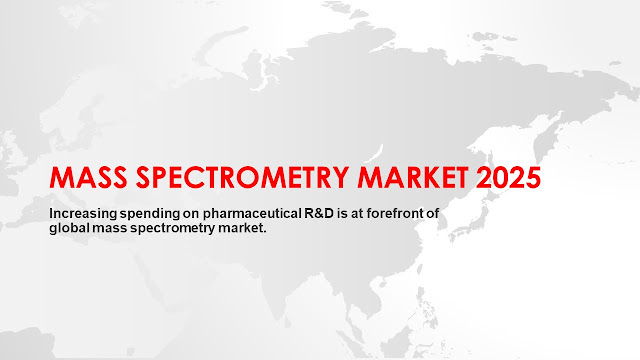Live Cell Encapsulation Market Has Evolved Significantly in Drug Delivery Industry
What This Report
Will Provide?
This study involved four major
activities in estimating the current size of the live cell encapsulation
market. Exhaustive secondary research was carried out to collect information on
the market, its peer markets, and its parent market.
The next step was to validate these findings, assumptions, and sizing with
industry experts across the value chain through primary research. Both top-down
and bottom-up approaches were employed to estimate the complete market size.
After that, market breakdown and data triangulation procedures were used to
estimate the size of segments and subsegments.
Expected Revenue Growth:
[136 Pages Report] The live cell encapsulation market is projected to grow to USD 303 million by
2024 from USD 250 million in 2018, at a CAGR of 3.2%
Major Growth Boosters:
Growth in the live cell
encapsulation market is primarily driven by factors such as the increasing
public-private investments to support product development, increasing research
to establish the clinical efficacy of cell encapsulation technologies, and
rising public awareness related to the clinical role of encapsulated cells in
disease management.
Download PDF Brochure:
https://www.marketsandmarkets.com/pdfdownloadNew.asp?id=218019375
Recent Developments:
In January 2015, BioTime, Inc.
launched the pluripotent cells for research, drug discovery, and regenerative
medicine therapies. This helped the company to improve its position in the live
cell encapsulation market.
Cell encapsulation is undertaken
for the manufacturing of tablets, capsules, and parenteral dosage forms for
effective drug delivery. The growth of this segment includes the increasing
adoption of cell encapsulation for drug delivery is mainly due to its
procedural benefits (such as improved efficacy, reduced toxicity, and improved
patient compliance & convenience).
Key Questions Addressed in The Report:
1. Who are the top 10 players operating in the global live cell
encapsulation market?
2. What are the drivers, restraints, opportunities, and challenges in the live
cell encapsulation Industry?
3. What are the opportunities for stakeholders and provide details of the
competitive landscape for key players?
4. What will be growth of live cell encapsulation in North America, Europe,
Asia Pacific, Latin America, and the Middle East and Africa?
Request Sample Pages:
https://www.marketsandmarkets.com/requestsampleNew.asp?id=218019375
Regional Growth Analysis:
North
America is one of the major revenue-generating regions in the live cell
encapsulation market. The increasing public-private investments in the live
cell encapsulation industry in the US and Canada, ongoing technological
advancements in live cell encapsulation, and the presence of major market
players in the region are the major factors driving the growth of the live cell
encapsulation market in North America.
Key Market Players:
BioTime, Inc. (US), Viacyte, Inc. (US), and Living Cell Technologies Ltd.
(Australia) were the top three players in the live cell encapsulation market.
Other prominent players operating in this market include Sigilon Therapeutics,
Inc. (US), Evonik Industries (Germany), BÜCHI Labortechnik AG (Germany),
Blacktrace Holdings Ltd (UK), and Sernova Corporation (Canada), among others.
Furthermore, the key players in the developmental pipeline products in this
market include Neurotech Pharmaceuticals, Inc. (US), Gloriana Therapeutics
(US), Kadimastem (Israel), Beta-O2 Technologies, Inc. (Israel), Defymed
(France), and Altucell, Inc. (US), among others.
BioTime,
Inc. (US) dominated the live cell encapsulation market in
2017. The company has a strong geographic presence across the regions such as
US, Australia, New Zealand, Israel, Canada, China, Japan, and Taiwan. BioTime,
Inc. mainly focuses on product commercialization to further strengthen its
position in the live cell encapsulation market.




Comments
Post a Comment